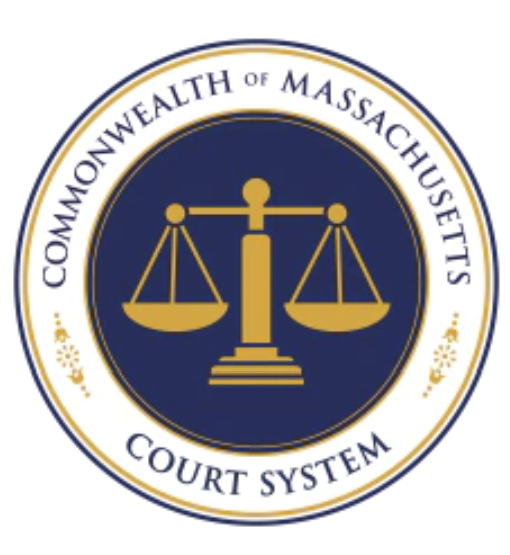This Massachusetts program provides access to treatment and recovery services for those with opioid use disorder appearing in court
In response to rising rates of opioid overdoses and deaths, in 2021 a judge in the district court of Holyoke, Massachusetts initiated the Holyoke Early Access to Recovery and Treatment (HEART) program to provide health services and treatment for those arraigned in court presenting with opioid use disorder (OUD). Within an hour of appearing before the judge, participants are screened for OUD and if deemed eligible are offered peer recovery services, access to a clinician, and the opportunity to enter treatment using medications for opioid use disorder (MOUD). The program is staffed by student interns from the University of Massachusetts School of Public Health and Health Sciences and directed by an associate professor at the school.
The population served is largely Latinx, urban, low income, and faces barriers to accessing health and recovery services, so the HEART program functions to reduce disparities and immediately connect those with OUD to appropriate resources. Over a five month period of operation, a quarter of those eligible to participate were referred to a long-term recovery specialist and 11.5 percent were connected with a MOUD treatment provider. A process evaluation suggests the HEART program could serve as as model for successful integration of early OUD identification and referral to treatment into the court system. Further evaluations are planned to assess program outcomes. A video describing the program and its initial impact is here.
Within an hour of appearing in court those with opioid use disorder are able to connect with a peer recovery specialist and be referred to an opioid treatment provider.









